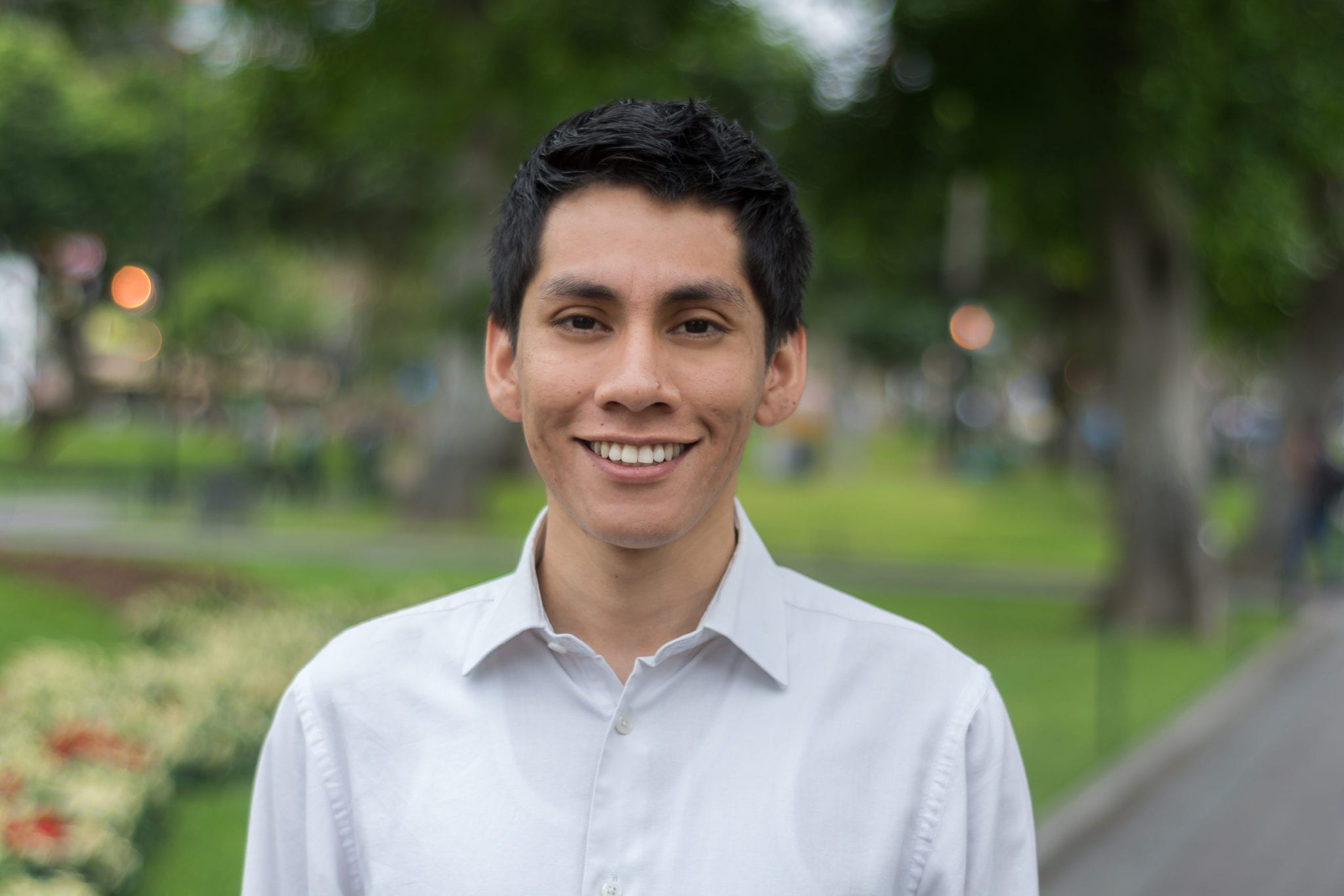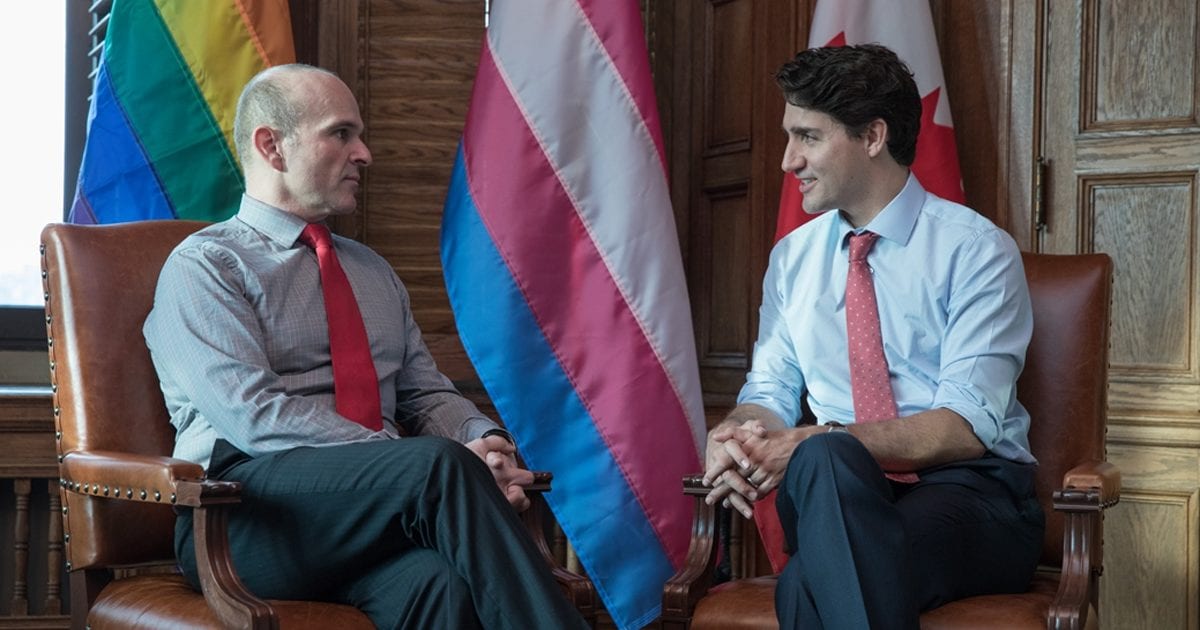Victory Institute published a report in July of 2017 that details the results from a survey distributed in English-speaking Caribbean countries. Ads placed on the dating app Grindr assisted in distributing surveys, as well as Victory Institute’s partner in the region, Eastern Caribbean Alliance for Diversity and Equality (ECADE). The purpose of this survey was to gauge political views of LGBTI people in the region. We wanted to find out if people in the region viewed political participation as an important tool to advance equality and human rights. This information helps Victory Institute better assist in efforts undertaken in the region.
75 people filled out the survey. 50.7 percent of respondents identified as cisgender women, 29.3 percent identified as cisgender men, 1.3 percent as transgender women, 2.7 percent as transgender men, and 9.3 percent as genderqueer. Additionally, 33.3 percent identified as gay and 32 percent as lesbian. 39 percent of respondents were under the age of 35. Trinidad and Tobago provided the most respondents, at 21.3 percent of the total, followed by Barbados and US Virgin Islands with 14.7 percent and 9.3 percent respectively.
All 75 respondents agreed that civic engagement and participation of LGBTI people can advance human rights. Respondents were asked what they felt the LGBTI community should be doing to push for equality in the region. The most popular response was “push for anti-discrimination legislation” with 67 respondents agreeing. Respondents were asked which tools they thought could help LGBTI people learn to be more politically active and engaged, with the most popular choice receiving 63 votes, “training LGBTI people to become leaders and stand up for their needs.”
Two-thirds of the respondents said they had voted in the last election. Those that didn’t vote said that they were either too young, that there was no political party supporting LGBTI rights, or that they needed the correct gender identity document.
Respondents stated that they felt having a LGBTI leader would create significant progress towards equality. The most resounding response to the question “What could be some of the challenges LGBTI people face when trying to get more people politically active and engaged?” was “negative media around their LGBTI identity.” While an LGBTI leader is certainly desirable for many of the respondents, they also said that they wanted a candidate with a general progressive platform and would not base their support off LGBTI identity alone.

